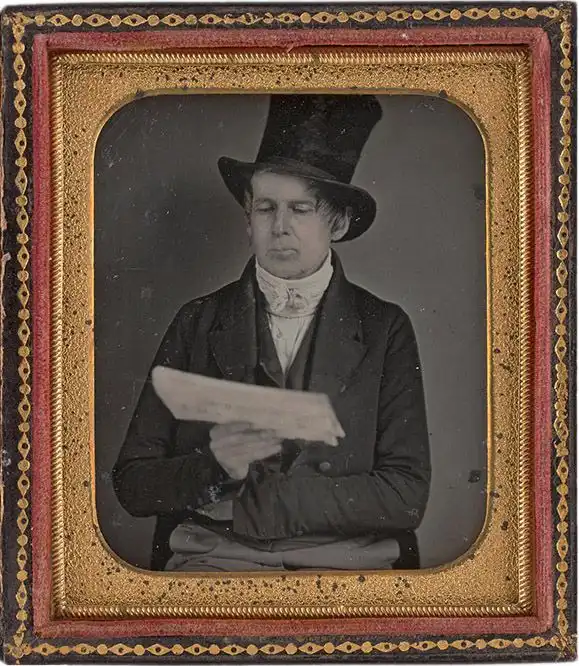
Home>Publications>Publications and Beyond
Publications and Beyond

This page presents the various supplemental material published in relation to recent academic works by CERI scholars in chronological order over the past quarter.
The supplemental material provided here—written interviews, podcasts, articles, online resources—offers a new focus on research and access to it through other formats than the work itself. All of this material is freely accessible online, with the exception of some book reviews.
Follow us
Contact us
Media Contact
Coralie Meyer
Phone : +33 (0)1 58 71 70 85
coralie.meyer@sciencespo.fr
Corinne Deloy
Phone : +33 (0)1 58 71 70 68
corinne.deloy@sciencespo.fr
